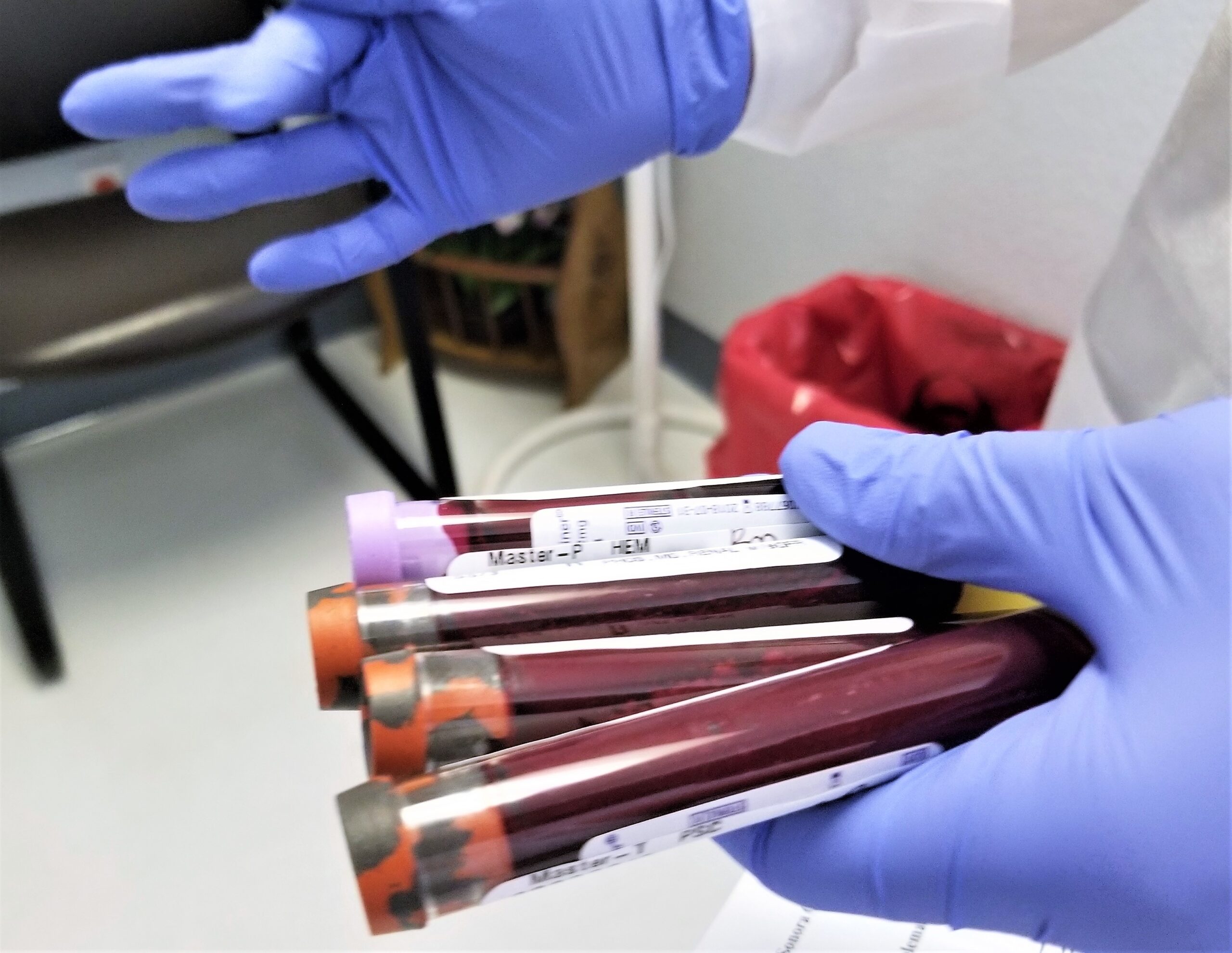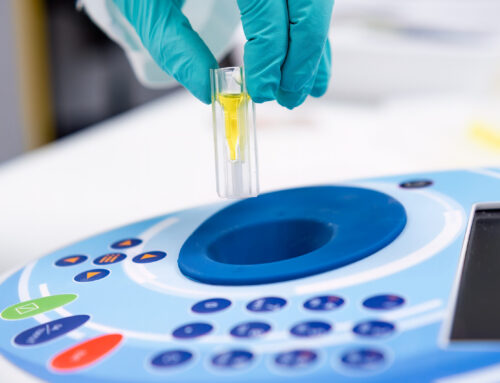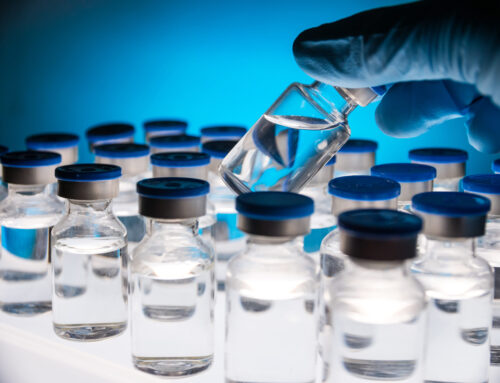The most commonly ordered biomarker tests vary depending on the clinical context—routine wellness, chronic disease monitoring, cancer screening, or specialty testing. Below is a categorized list of widely ordered biomarker tests across general and functional medicine settings:
Basic & Routine Clinical Biomarkers
Often part of annual physicals or wellness visits:
- CBC (Complete Blood Count) – detects anemia, infection, inflammation
- CMP (Comprehensive Metabolic Panel) – evaluates liver and kidney function, glucose, and electrolytes
- Lipid Panel – cholesterol (total, HDL, LDL), triglycerides
- Hemoglobin A1c – average blood sugar over 2–3 months
- hs-CRP (High-sensitivity C-reactive Protein) – inflammation marker, cardiovascular risk
- TSH with Reflex T3/T4 – thyroid function
- Vitamin D (25-OH D) – bone health, immune function
- Ferritin – iron storage; low in anemia or chronic fatigue
- Vitamin B12 / Folate – neurological function, methylation, anemia
Cardiometabolic & Inflammatory Risk
Often used for heart disease prevention, metabolic syndrome, or personalized prevention:
- ApoB – better predictor of atherogenic risk than LDL
- Lp(a) – Lipoprotein(a) – genetically elevated in some individuals, cardiovascular risk
- Homocysteine – methylation, cardiovascular and cognitive risk
- Fibrinogen – clotting and inflammation marker
- Insulin (fasting) – early insulin resistance
- HOMA-IR – insulin resistance index
Hormonal Panels
Common in fatigue, reproductive issues, weight gain, or wellness assessments:
- Cortisol (AM/PM or 4-point saliva) – adrenal function, stress response
- DHEA-S – adrenal reserve
- Estradiol, Progesterone, Testosterone (total and free) – sex hormones
- FSH, LH – fertility or menopause evaluation
- SHBG (Sex Hormone Binding Globulin) – hormone bioavailability
Advanced Functional or Specialty Tests
Typically ordered by integrative/functional medicine practitioners:
- Organic Acids Test (OAT) – mitochondrial function, nutrient deficiencies, gut dysbiosis
- HTMA (Hair Tissue Mineral Analysis) – mineral balance, toxic metals
- GI MAP or GI Effects – stool analysis for gut microbiota, pathogens, digestion
- NutrEval / Micronutrient Panel (e.g., SpectraCell) – intracellular nutrient status
- Mycotoxin Testing – mold exposure
- Environmental Toxins Panel (e.g., GPL-TOX) – chemical exposure
- Genetic SNPs (MTHFR, COMT, etc.) – methylation, detox pathways
Cancer & Chronic Illness Biomarkers
Used in oncology, survivorship, or chronic disease support:
- CEA (Carcinoembryonic Antigen) – colorectal and other cancers
- CA 15-3 / CA 27-29 – breast cancer
- CA-125 – ovarian cancer
- PSA (Prostate-Specific Antigen) – prostate cancer
- Circulating Tumor Cells (CTCs) – liquid biopsy (in select settings)
- Nagalase – immune function, sometimes used in GcMAF therapy contexts
Immune & Infection Markers
Helpful in autoimmune conditions, persistent infections, or immune dysfunction:
- ANA (Antinuclear Antibody) – autoimmune screening
- Rheumatoid Factor (RF), Anti-CCP – rheumatoid arthritis
- ESR (Erythrocyte Sedimentation Rate) – nonspecific inflammation
- IgG/IgA/IgM levels – immune profiling
- EBV (Epstein-Barr Virus) panel
- Lyme Western Blot or Immunoblot
- Cytokine Panels – immune dysregulation in long-COVID, ME/CFS





